Apricot kernels
Apricot kernels (Prunus armeniaca) are the seeds of apricots, which are present inside the pits or stones or within the endocarp of fruit of apricots. This seed and endocarp together called a stone or pit. Or simply, the hard shell of the seeds are known as seeds stone. It is similar to a small almond in appearance and taste. Apricot kernels are white in colour when immature but becomes light brown on drying. Moreover, sweet apricot kernels are sweet in taste. However, they can be use as a substitute for almonds as they look similar to almonds. Apricot Kernels can be obtain by cracking this seed stone with nutcracker or hammer. Somehow, they can be bitter and can be sweet. They are popularly use in diet such as in apricot jams, snacks and different recipes. Apricot kernels have a lot of health benefits and medicinal properties.
Apricot Kernel Benefits
- Byproduct: The apricot kernel is a byproduct of fruit which produces oil on extraction. They also produces valuable press cakes.
- Fibers, protein, carbohydrates & calcium: They contains fibers, proteins, carbohydrates and minerals such as calcium.
- Soap & Scrubs: They are use to make soaps, scrubs and as an exfoliator.
- Medicines & Cosmetics: They are use in the production of medicines, oil and cosmetics.
- Bitter Apricot Kernels: Bitter apricot kernels have industrial usage and are use in cosmetic and oil press industry, extensively. Bitter apricot kernels do have the hazard of cyanide poisoning.
- Cancer Treatment: Kernels of apricots helps in the treatment of cancer.
- Amygdalin: It contain a compound known as “Amygdalin”. Amygdalin is a substance, which is bitter in taste. It occurs in numerous fruit seeds, such as bitter apricot seeds, bitter almond seeds and apple seeds etc. It converts into cyanide in the stomach during metabolism. Cyanide is a well-known toxic chemical. Therefore, some scientists believes that amygdalin helps in fighting tumors and cancer cells.
- Medicinal properties: Apricot kernels have antioxidant, anti-bacteria, antimicrobial and anti-inflammatory properties.
- Tradition Food: In Egypt, people mix salt and coriander seeds with apricot kernel to make traditional snacks known as “Dokka”.
- Processed Food: The processed food such as almonds finger biscuits, apricot jams and amaretto biscuits contains apricot kernel.
Apricot kernel oil
- Oil Extraction: Apricot kernel’s oil is obtain from the seeds of apricots through cold-pressing method.
- Oil Composition: This oil contains Vitamin A, Vitamin E, Omega 9, Omega 6, Omega 3, Palmitic acid, and Stearic acid. Due to the presence of such ingredients, it is considered medicinal.
- Fatty Acids in Oil: Apricot kernel oil has highly essential fatty acids which are necessary in human health and should be taken in diet. There are only two types of essential fatty acids contain in oil namely, omega-3 (alpha-linoleic acid) and omega-6 (linoleic acid).
- Culinary purposes: This oil is use for culinary purposes and as well for medicinal purposes.
- Regulate metabolism: This oil is known to regulate metabolism, maintain bone health and reproductive system.
- Growth: Omega-6 plays a vital supplement which promotes healthy growth and brain function.
- Antioxidants: The oil is rich in vitamin A and E which has antioxidants properties.
- Cosmetics: The oil from bitter variety of apricot kernels are use in cosmetics including, face cream, body oil, lip balm and essential oils.
- Massage & Sunbath: In Asian countries, kernel oil is mostly use as a massage and sunbathing oil because it relieves pains and aches.
- Hair Growth: It also helps in healthy hair growth, reduce dandruff and stop hair fall.
Apricot Kernel Amygdalin (vitamin B₁₇)
Amygdalin is a cyanogenic glycoside which is present in the kernel of apricot. It reports as an alternative to cancer treatment. It is a naturally occurring substance which is present in the seeds of other fruits including, peaches, apples, cherries, plums, and cherries. There are about 20 mg of amygdalin in each apricot seed. A study reports that this substance also enhance with β-D-glucosidase to treat liver cancer. When it is consume by someone, it converts into cyanide in the human body. Moreover, it will cause fever, nausea, insomnia, high thirst, weakness, inability to breath, dizziness, nervousness, coma, low blood pressure and joints and muscle pains. Some compounds in apricot kernels are consider ineffective in the treatment of cancer, such compounds are lethal to health as they contains cyanide.
In 1993 in New York State, the Department of Agriculture and Markets reports that cyanide content in the apricot kernel (220 grams). These apricot packets have import from Pakistan and were sold as snacks in health food stores. Investigation revealed that these kernels are lethal for an adult if they are consume entirely. As cyanide kills body cells and harm brain and heart badly, they also prevent them from using oxygen. About 0.5-3.5 mg per body weight of cyanide is lethal to human body. The consumption of 50 to 60 apricot kernels could be a lethal dose of cyanide. However, consumption of 6-10 kernels per day can be recommend for cancer patients only but this amount of consumption is quite high for normal person. Hence, a single kernel can be toxic to infant and strictly prohibit.

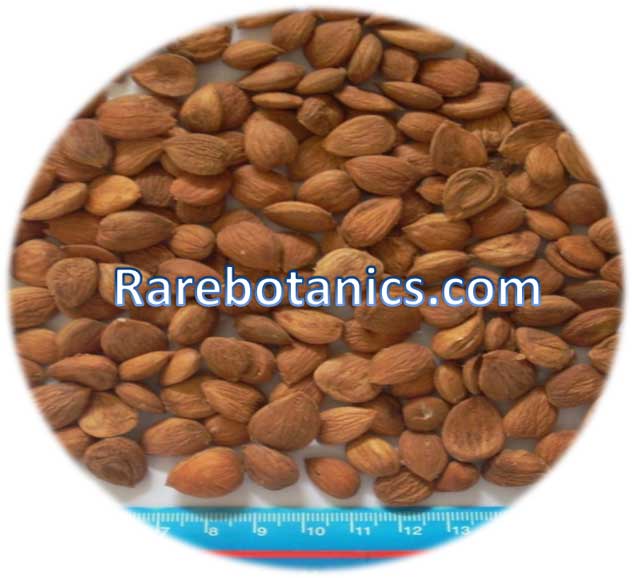
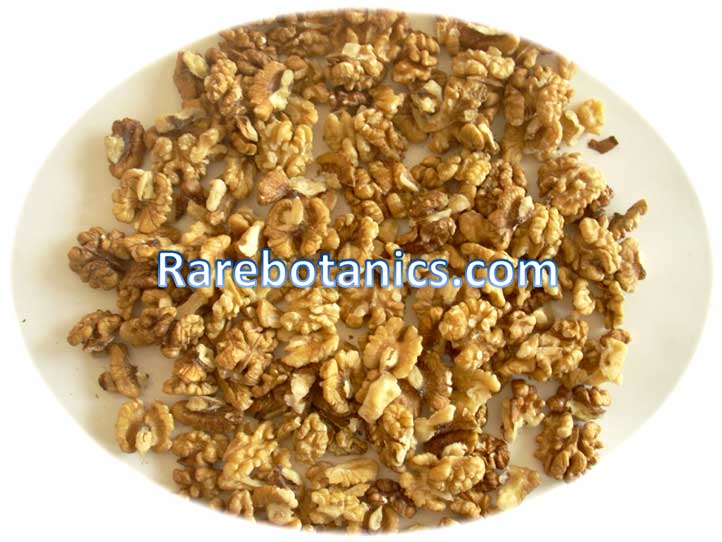

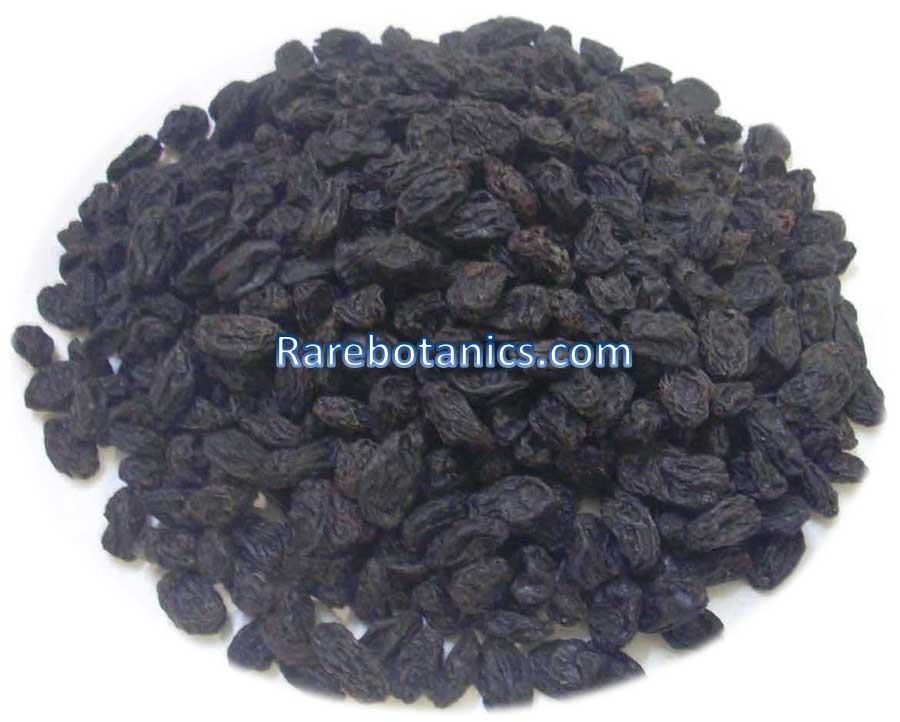
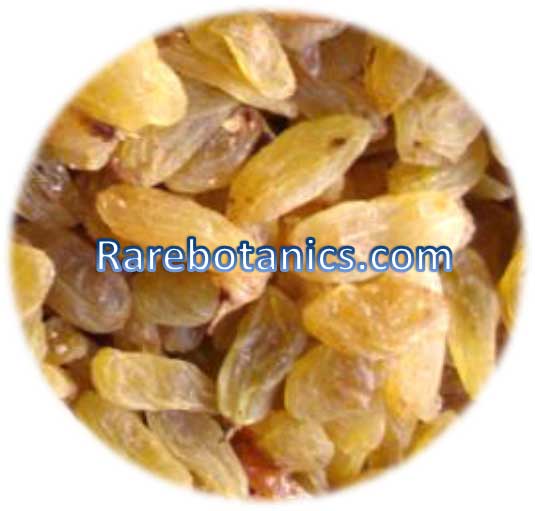
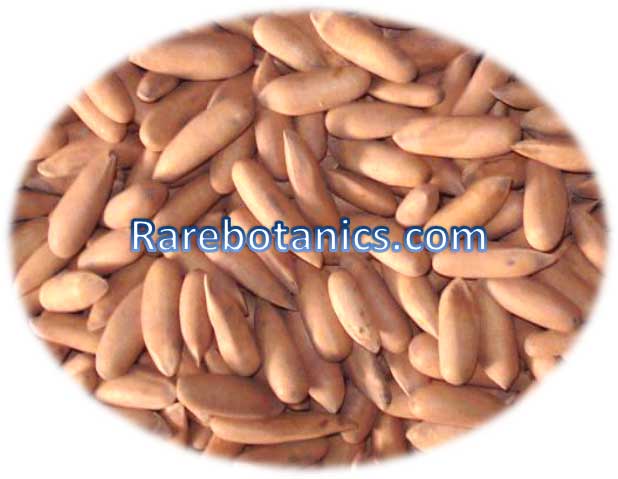

Reviews
There are no reviews yet.